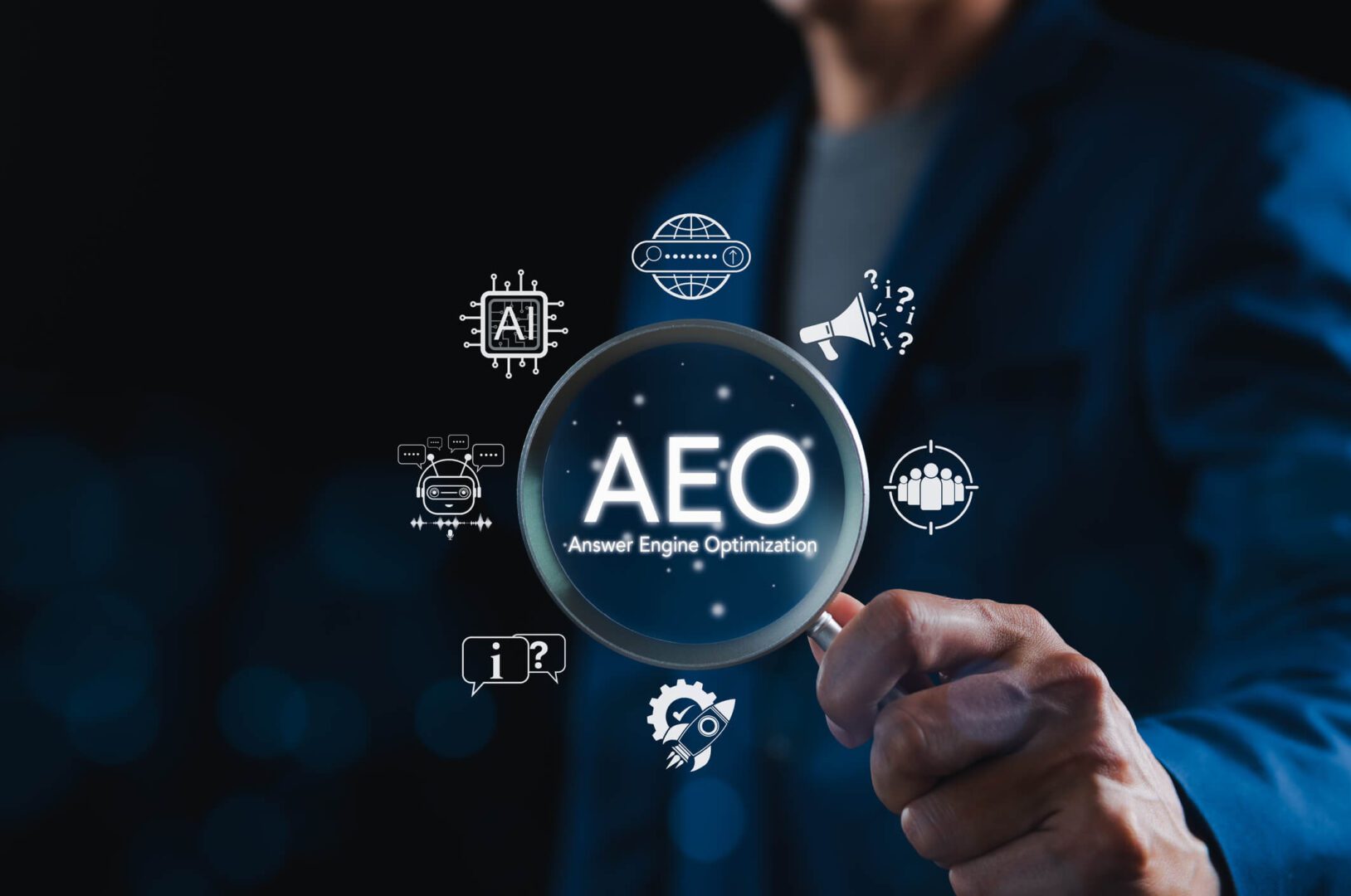When your page leads with a clear answer, Bing Copilot and ChatGPT quote it. You get cleaner clicks. Make every citation land on the section that converts. For a digital marketing agency, structuring pages this way protects qualified traffic and improves assisted conversions.
Your website design decisions shape how Copilot and ChatGPT read, quote, and route traffic. As a digital marketing agency, the same decisions determine how reliably assistants attribute your brand and how efficiently visitors move to the next step. Use the guidance below to make your best pages easy to cite without sacrificing UX or classic SEO.
How do Bing Copilot and ChatGPT pick sources in 2026?
Copilot and ChatGPT use Bing’s index (and other sources), prefer concise, structured answers, and present sources as footnotes or cards. Standardise names for products and services across pages. Sections that state the answer up front, keep key facts in HTML, and expose clean anchors are easier to reuse accurately. Consistency across the site (names, labels, product terms) reduces ambiguity and raises the chance your page becomes the go‑to reference.
What design choices increase your chance of being cited?
Lead with a two‑sentence answer that matches intent, then support it with proof. Keep specifications, pricing, and definitions in HTML, not in images or script‑injected components. Use the same labels across templates so assistants quote the right page every time. Where readers expect quick comparisons, add a compact table an assistant can copy reliably.
How do you make sections deep‑linkable for Copilot and ChatGPT?
Pick anchors and stop renaming them. Use predictable slugs like #pricing, #specifications, #faq-returns. Map anchors to recurring questions and avoid renaming them during routine updates. Pair anchors with clear H2/H3 phrasing so both people and models can scan and land on the same answer. If you restructure a page, add temporary redirects for legacy anchors to preserve existing citations and bookmarks.
What content formats work best for citations and reuse?
Answer‑first paragraphs drive citations; small, well‑labelled comparison tables drive reuse. Keep feature lists short and specific. Publish short FAQs with canonical phrasing for recurring queries (shipping, returns, lead times, compatibility). Provide downloadable files such as PDF or CSV for specs and price lists so teams and assistants can use a clean file without scraping.
How should you render content, so Copilot/ChatGPT see it on first load?
Ship the primary copy in the initial HTML via server‑side rendering or pre‑rendering. Audit key templates to confirm hero copy and tables ship in the initial HTML. Make sure headings, summaries, and tables are present before any client‑side hydration. Progressive enhancement is fine. Hiding the hero copy or key tables behind heavy JavaScript is not. Track Core Web Vitals so these sections render consistently on first paint.
How do you control AI crawlers without hurting visibility?
Allow search crawling. Publish a short AI‑bot policy that states what you allow and what you block. Rate‑limit spikes to protect performance. Review quarterly and document changes so marketing, legal, and engineering stay aligned.
How to measure impact attributed to Bing and ChatGPT
Track signals that tie to revenue:
Attribute assistant‑driven traffic alongside paid advertising and email marketing so reporting shows the full path to revenue.
- Deep‑link landings on anchored sections (e.g., #pricing views from assistant traffic).
- Assisted conversions on pages with answer‑first sections and HTML tables.
- Branded CTR remains steady where you suspect AI citations are in play.
- Anchor stability over time (404s or soft‑404s suggest renamed sections or broken anchors).
Use these to steer changes. If deep‑link landings climb but conversions lag, revise the section layout: tighten the two‑sentence answer, bring proof higher, and place the next step where the eye lands.
Turn AI citations into pipeline
Make answers obvious, keep anchors stable, and publish reusable data. Copilot and ChatGPT will cite your pages and land readers on sections that convert. If you are working with a digital marketing agency, aligning AI search with digital marketing SEO, this structure turns citations into pipeline. For a broader framework covering Google’s AI Overviews and AI Mode, see Design for Google’s AI Experiences in 2026.
Book a Free Website Audit. Our team will review your structure, anchors, and data formats and provide a practical plan to improve citations and conversions.

